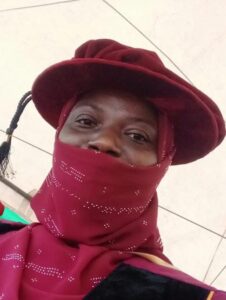- Home
- About UESD
- Academics
- Admissions
- Research
- News & Media
- Students
- Staff
- Directorates
- Departments / Divisions / Units
- Admissions and Students’ Records Unit
- Academic Affairs Division
- Administration Division
- Procurement
- Examinations Unit
- Research, Innovation and Consultancy Unit
- Services Division
- International Programmes Office (IPO)
- Proofreading Unit
- Community Engagement, Projects & Innovations
- University Relations Office (URO)
- Human Resource Division
- Academic Planning and Quality Assurance Unit
- Lecturers Profile
- Staff Document
- UESD Strategic Plan
- E-Mail Policy

